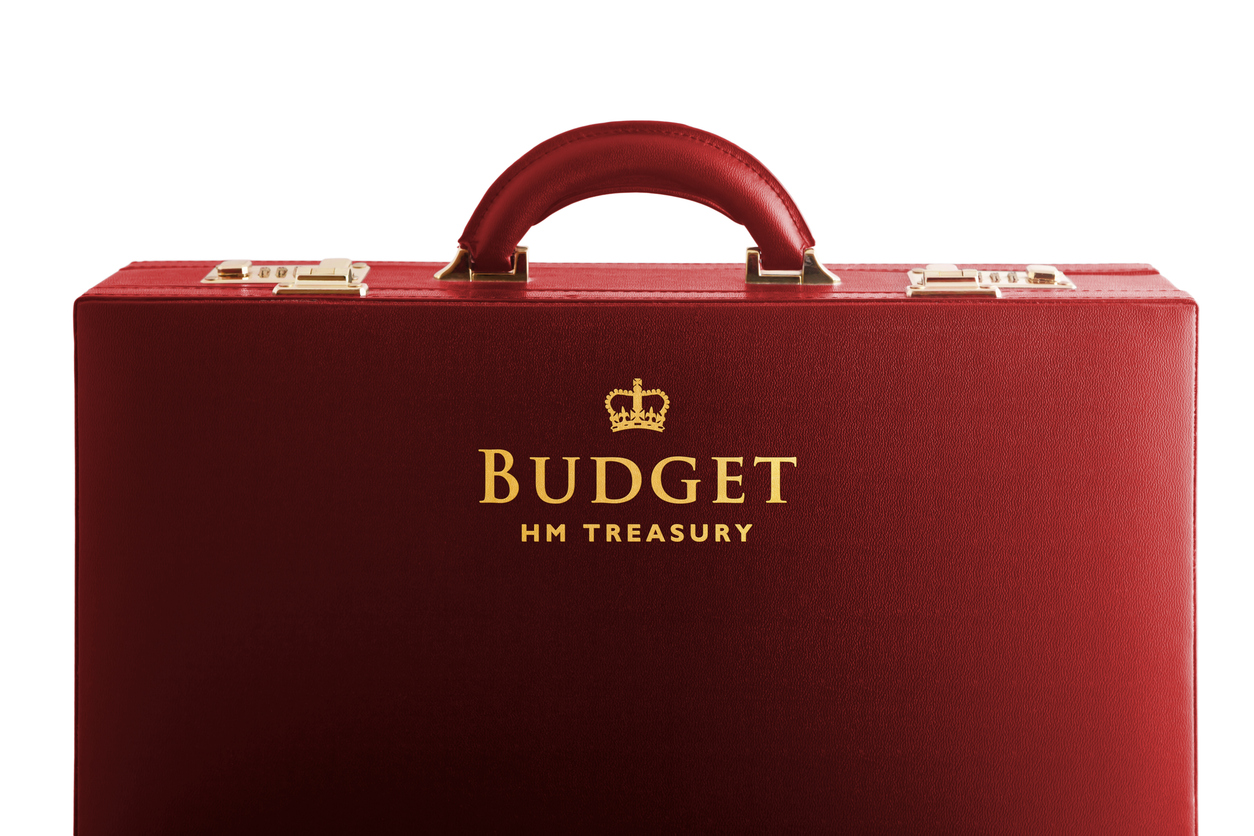Autumn Budget Summary
After all the rumours, and what seemed like a never ending build up (and a very unfortunate release of the OBR report just prior to the Chancellor standing up), Rachel Reeves delivered her Budget statement on 26 November. The main tax measures include:
- Tax rates on dividends, property and savings income will increase by 2% from April 2026.
- The thresholds for personal tax and employer NIC contributions are frozen for a further three years from 2028/29.
- Salary-sacrificed pension contributions above an annual £2,000 threshold will no longer be exempt from NICs from April 2029. This means that salary-sacrificed pension contributions above £2,000 will be treated as ordinary employee pension contributions in the tax system, and will therefore be subject to both employer and employee NICs. Ordinary employer pension contributions will remain exempt from NICs.
- Cash ISAs will be capped at £12,000 for those under the age of 65, with £8,000 for investments in stocks and shares from April 2027.
- A new mileage-based charge on electric cars, additional to the current vehicle excise duty (VED) charges paid by all vehicles, which will be introduced in April 2028. In 2028-29, the charge will equal £0.03 per mile for battery electric cars and £0.015 per mile for plug-in hybrid cars, with the rate per mile increasing annually with CPI.
- Fuel duty rates have been frozen for a further five months until September 2026.
- A new high value council tax surcharge will come into effect in April 2028, for owners of properties identified as being valued at over £2 million (the so-called ‘Mansion Tax’).
- There will be a reduction to the writing down allowance (WDA) main rate from 18 to 14 percent from April 2026, alongside a new 40 percent first-year allowance from January 2026.
The new first-year allowance allows businesses to deduct 40 percent of the cost of qualifying assets from taxable profits in the year of purchase, though excludes second-hand assets and cars. - Capital Gains Tax relief on disposals to employee ownership trusts (EOT) will be reduced from 100 percent to 50 per cent from November 2025.
- Companies newly listing on the Stock Exchange will be exempt from stamp duty for three years.
- Taxes on online betting and remote gaming will be increased.
- A large number of HMRC administration, compliance, and debt collection measures are introduced, including new powers to ensure MTD (Making Tax Digital) and the new penalty reform legislation works as intended; and the introduction of improved powers and penalties to deal with tax advisers who are facilitating non-compliance.
There will be more detail to come in the days and weeks ahead, and of course these will be reflected in updated content available to subscribers to Bloomsbury Professional’s online content.










